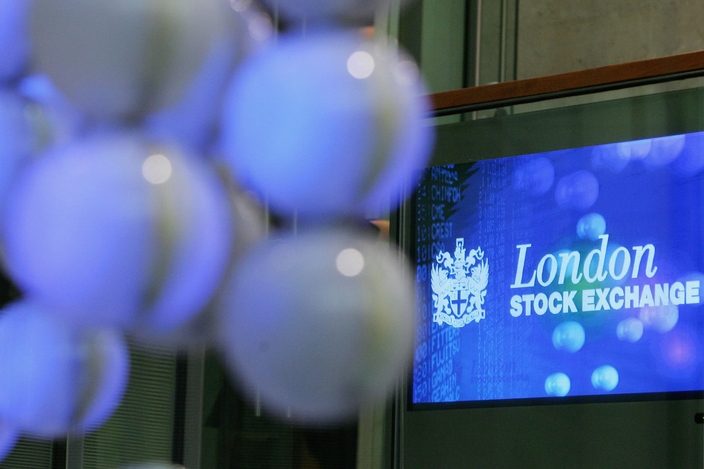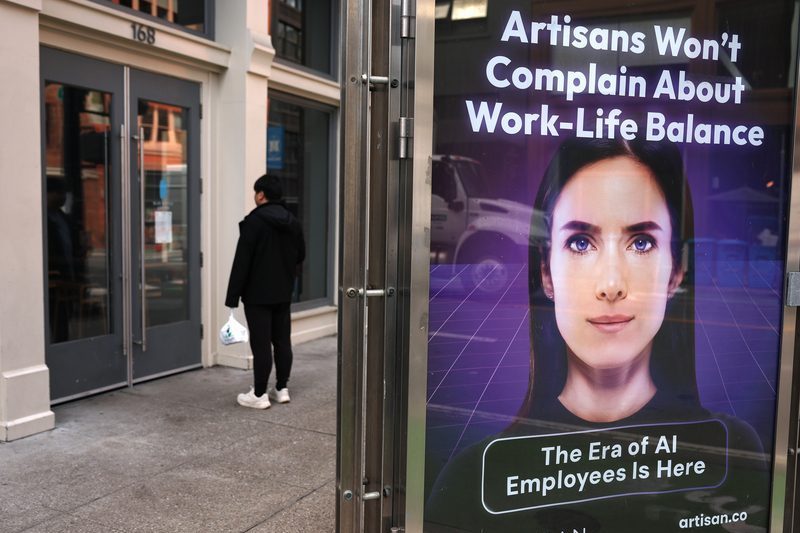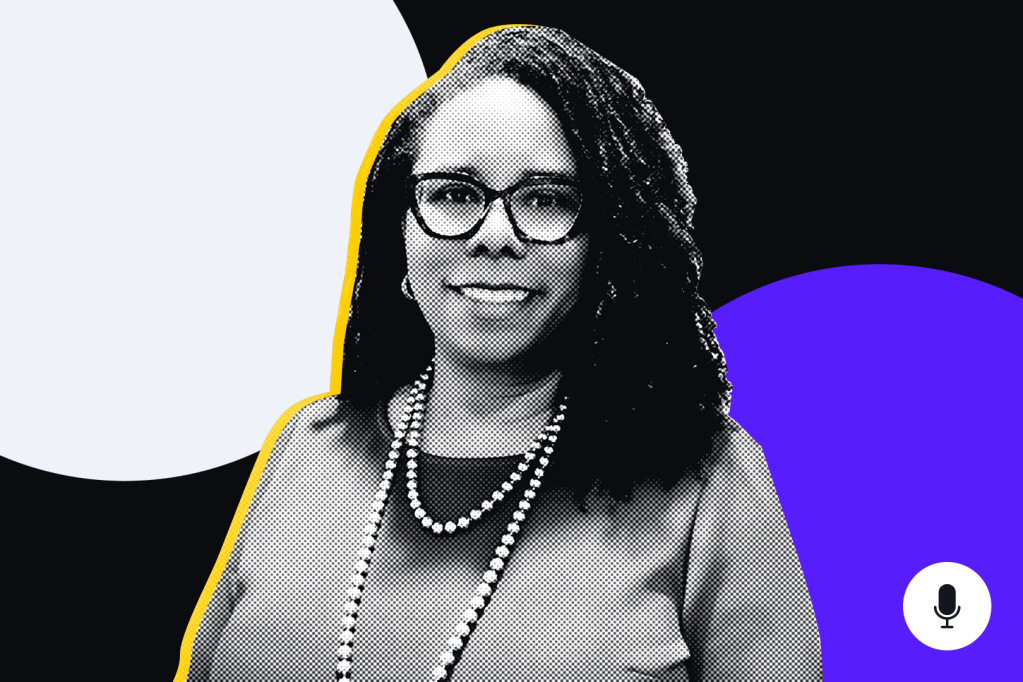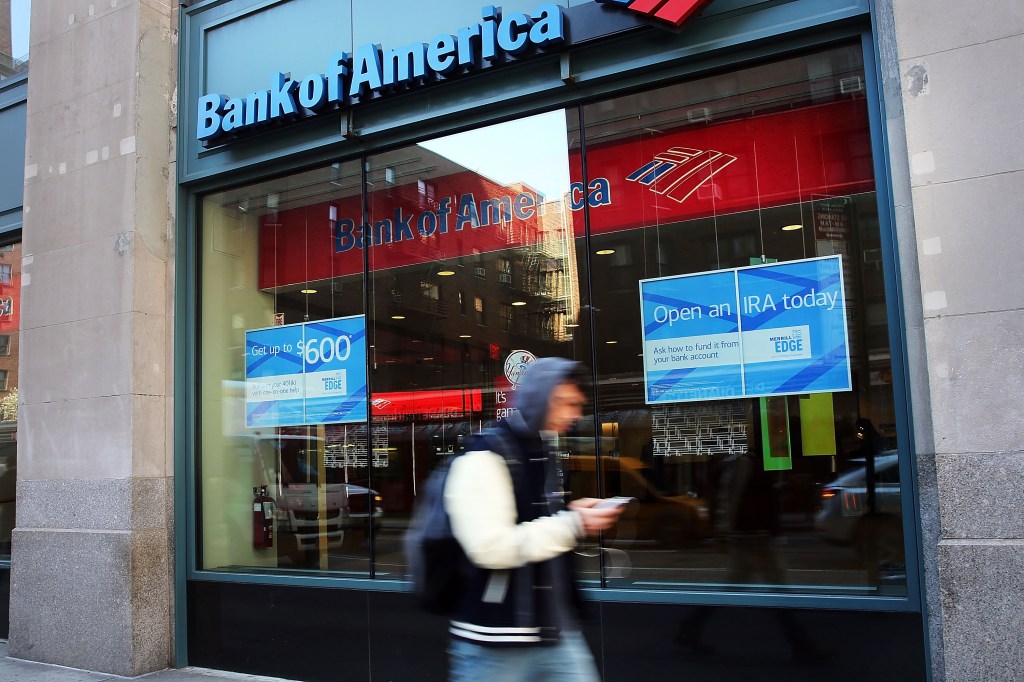US regulators said Tuesday they found that Bank of America (BofA) harmed customers by double-dipping on fees, withholding credit card rewards, and opening fake accounts, violating a number of consumer financial protection laws.
The Charlotte, North Carolina-based bank, the second largest in the US, was ordered to pay a total of $150m in penalties to the Consumer Financial Protection Board (CFPB) and the Office of the Comptroller of the Currency (OCC).
BofA also has to pay about $80.4m to customers who were unfairly charged unnecessary fees, on top of the $23m it already paid to customers who were improperly denied card awards.
Overdraft fees
The bank charged multiple $35 overdraft fees for the same transaction, failed to properly issue rewards to credit card users, and signed up customers for card accounts without their consent, the CFPB said in a statement. CFPB Director Rohit Chopra addressed the findings and consent order by saying: “These practices are illegal and undermine customer trust. The CFPB will be putting an end to these practices across the banking system.”
In a statement, BofA said it voluntarily eliminated or reduced a range of fees last year.
Bank employees illegally applied for and enrolled consumers in credit card accounts without consumers’ knowledge or authorization.
Specifically, the CFPB said BofA engaged in the following illegal activities:
- Used double-dipping scheme to harvest junk fees: The bank had a policy of charging customers $35 after it declined a transaction because the customer did not have enough funds in their account. The CFPB’s investigation found that it double-dipped by allowing fees to be repeatedly charged for the same transaction, generating substantial additional revenue by illegally charging multiple $35 fees.
- Withheld cash and points rewards on credit cards: To compete with other credit card companies, the bank targeted individuals with special offers of cash and points when signing up for a credit card. It illegally withheld promised credit card account bonuses, such as cash rewards or bonus points, to tens of thousands of consumers. The bank failed to honor rewards promises for consumers who submitted in-person or over-the-phone applications.
- Opened unauthorized accounts: From at least 2012, to reach now disbanded sales-based incentive goals and evaluation criteria, bank employees illegally applied for and enrolled consumers in credit card accounts without consumers’ knowledge or authorization. In those cases, BofA illegally used or obtained consumers’ credit reports, without their permission, to complete applications, leading to consumers being charged unjustified fees and suffering negative effects to their credit profiles.
Fake accounts
If some of these facts look familiar, it is for good reason: The CFPB and OCC sanctioned Wells Fargo in 2016, fining it a whopping $3.7b, for a sales culture that led to the creation of 3.5m fake accounts, plus its top leaders were fired and separately fined, and Congressional hearings were held. A barrage of negative press coverage attended all of these events.
Regulators have not only punished Wells Fargo for this behavior; since then, other lenders have engaged in the same practices and been fined, including US Bank, which paid a $37.5m fine in 2022 for putting customers into unauthorized accounts, and Fifth Third Bank, against which the CFPB filed a complaint and injunction for its “cross-sell” strategy in March 2020.
Sales strategies
Considering the abundance of attention paid to the Well Fargo scandal, and its daunting fine, the burning question of why these illicit sales strategies could ever be used again – and go on unmitigated for years – lingers.
As Maria Vullo, former superintendent of the New York Department of Financial Services, opines in our recent podcast, banks have some work to do in terms of their cultures, board oversight, executive accountability and compensation schemes, and risk assessments.
“We expect banks to conduct their activities in compliance with all applicable laws and standards, and when they don’t, we will act accordingly.”
Michael J Hsu, Acting Comptroller of the Currency
Unfair and deceptive practices
The CFPB said BofA’s practices violated the Consumer Financial Protection Act’s prohibition on unfair and deceptive acts or practices; the Fair Credit Reporting Act through its use of consumer reports without a permissible purpose in connection with unauthorized credit cards; and the Truth in Lending Act, through its issuance of credit cards to consumers without their knowledge or consent.
The OCC’s order against BofA focused specifically on the bank’s alleged violations of law relating to its practice of assessing multiple overdraft and insufficient funds fees against customers for a single transaction.
The OCC found that the bank charged customers tens of millions of dollars in fees on resubmitted transactions in violation of Section 5 of the Federal Trade Commission Act, which prohibits unfair or deceptive acts or practices.
“Overdraft programs should help, not harm, consumers,” said Acting Comptroller of the Currency Michael J. Hsu. “Today’s action demonstrates the OCC’s commitment to protecting consumers and promoting fairness and trust in banking. We expect banks to conduct their activities in compliance with all applicable laws and standards, and when they don’t, we will act accordingly.”

















